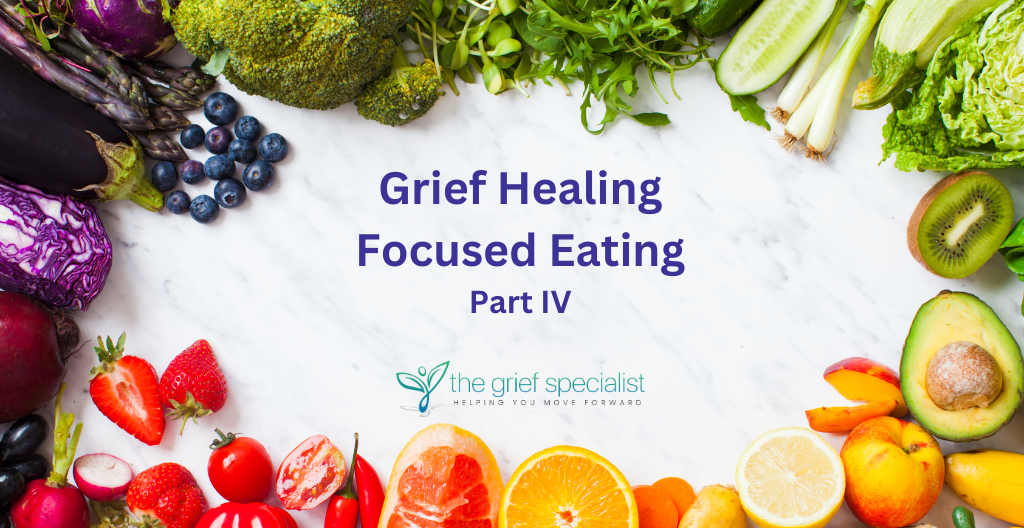PART IV – Reduce or Eliminate Caffeine and Alcohol
What you eat and drink impacts your ability to focus and do what you need to do. When you are in the darkest hours of your grief, it is easy to turn to temporary pick-me-ups and numbing alternatives. I found that caffeine only made me jittery, and alcohol made my grief worse, kept me from sleeping and gave me an overall terrible feeling. Read the following so that you can learn more about how caffeine and alcohol impact you.
Reduce Caffeine
You may turn to caffeine for energy. It can offer a short-term boost. Just like comfort foods, however, the letdown is more detrimental than the original so-called high. You may feel that you must have another cup as you come down off the original surge. Your body can eventually crave this so much that you create an addiction to the energy boost.
Caffeine can also increase your blood pressure. It is quite common for a grieving parent to already be experiencing elevated blood pressure, and it is dangerous to artificially add to it with the use of stimulants from caffeine. Caffeine can also cause heart palpitations, and in turn, those can generate anxiety.
Caffeine also acts as a diuretic, which will increase your risk of dehydration. Remember, coffee, teas, and sodas do not count when hydrating your body. If you cannot absolutely survive without at least one cup of coffee, keep it to no more than one cup before 10:00 a.m.
Remember that the serving size of a single cup of coffee is eight to ten ounces. Be mindful if you get it from a coffee shop. These drinks are most probably much bigger than eight ounces, exceeding the recommended intake.
Reduce or Eliminate Alcohol
I recommend reducing or eliminating alcohol consumption while you are mourning. A child’s death by suicide is certainly one of the most upsetting and painful events you can experience in your lifetime. It is common to go through a wide range of emotions, from anger and denial to sadness and despair. Everyone goes through the grieving process differently, and some may not do it in the healthiest manner. You may turn to alcohol in an attempt to numb the sadness, pain, and grief that follows a major loss.
Sadly, self-medicating all that emotional pain often leads to alcohol addiction, even for the seemingly strongest and most resilient individuals. During the grieving process, it is critical that you experience and express emotions, so you can eventually move on with life and heal. However, some people get stuck as they begin struggling with unresolved grief.
There is no form of self-medicating with substances that will effectively erase the pain of loss. In fact, alcohol acts as a depressant in the body, intensifying negative emotions such as shame or sadness. Alcohol impairs every part of daily life, from the quality of relationships to the ability to hold down a job. Seriously consider removing alcohol from your diet for your physical and mental health.
Eliminate or reduce caffeine and alcohol for one week and see how you feel. I believe you will feel better, think more clearly and be able to work through your grief easier.
#alcoholfree
#betterhealth
#mentalhealth
#griefbrain
#brainfog




